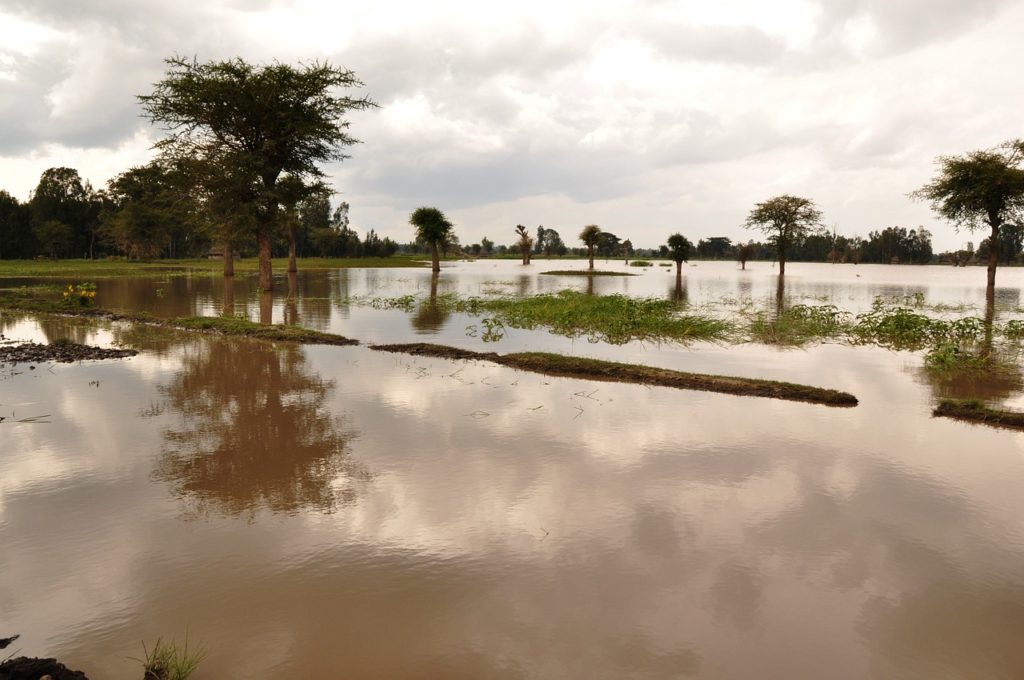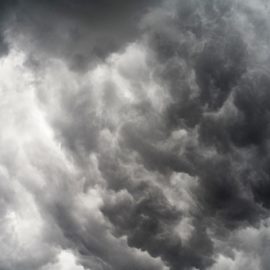
The NHC starts their forecasts in May. There have been more earlier disturbances. Do we need a longer season?
More bad news for storm-weary Louisiana residents arrived this week: A team of scientists said hurricane season should be even longer. The research team of climate scientists says the season, which spans six months from June 1 to Nov. 30, no longer accurately captures the length of time that the tropics are dangerous. One of the scientists, state climatologist and LSU professor Barry Keim, says the team began looking into the issue in 2020 — the most active hurricane season on record — after they noticed that more named storms were occurring outside the official season. Making the season start earlier would help ensure officials and residents are prepared, he said. A new start date hasn’t been agreed to. Keim mentioned the possibility of starting it in mid-May, but said the decision would be up to the National Hurricane Center and World Meteorological Organization. “That was such a busy season,” Keim said of 2020. “We put together a research paper on that specific year, and that paper just kept growing. Then we started investigating when the hurricane seasons were actually getting longer in duration. It makes you ask the question: Do we actually have the boundaries correct on when hurricane season begins?”
nola.com
It was a nation-wide group, all who do something with hurricane forecasts.
The research team includes experts from LSU, the University of New Hampshire, Colorado State University and the Southern Climate Impact Planning Program. SCIPP is a collaborative research effort between LSU, the University of Oklahoma, Texas A&M University and Adaptation International, an organization focused on climate resilience. For the past three years, researchers have studied records on when named storms have happened outside of hurricane season. Keim says it’s the first effort of its kind. They discovered that, in eight of the last nine years, there’s been at least one named storm before hurricane season started. In two years, 2016 and 2020, there were two preseason storms. Keim said their hypothesis is that warmer ocean temperatures through more of the year — a result of climate change — plays the largest part in extending hurricane season. For tropical cyclones to form, the ocean has to be at least 80 degrees. Keim acknowledged another possible factor: that more storms are being detected because of how advanced hurricane forecasting technology has become. In the past, forecasters only used data collected from airplanes and boats to determine if a tropical storm had formed. “With these short-lived storms in particular, in the early 1900s, we would have no way to even detect those,” Keim said. “The fact that we can detect those now with satellites — is that what’s causing us to find more storms earlier and later in the seasons? That’s the dilemma we’re trying to figure out.”
Thiisis not the first look at this extention.
There have been other efforts to look into extending hurricane season. The World Meteorological Organization said it reviewed the possibility of starting the season on May 15. In 2021, it put together a team of researchers to study storms outside of hurricane season, but based on their findings decided not to extend it. Last year, NHC senior hurricane specialist and Metairie native Eric Blake along with other hurricane specialists published findings showing that starting hurricane season half a month earlier would only include an additional 1% of storms. But the conditions that allow hurricanes to develop are clearly in place for a longer period than they used to be. From 1921 to 1970, 99% of named storms happened within the normal hurricane season. However, from 1971 to 2020, the share of tropical storms happening within the season dropped to 96%. Many of the storms outside the season are either short-lived or subtropical, and rarely become hurricanes. Keim said that his team considered short-lived storms, such as a subtropical storm from January of this year, and other outliers, and removed them from their final considerations. “We’ve eliminated all of the short storms that lasted for two days or less,” Keim said. “And we’re still finding the trends.” The research paper from Keim’s team is close to being finished, and will be submitted for peer review in the coming weeks.
Does it matter? It is summer and we have storms and rain and hurricanes.

